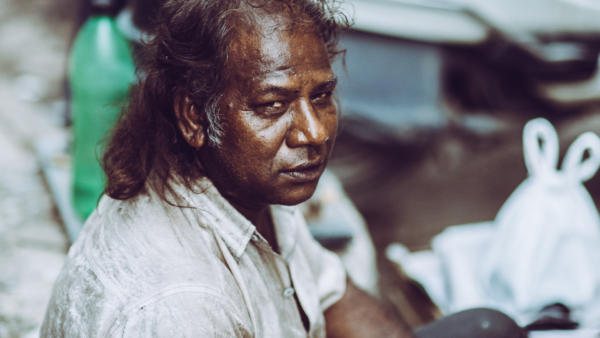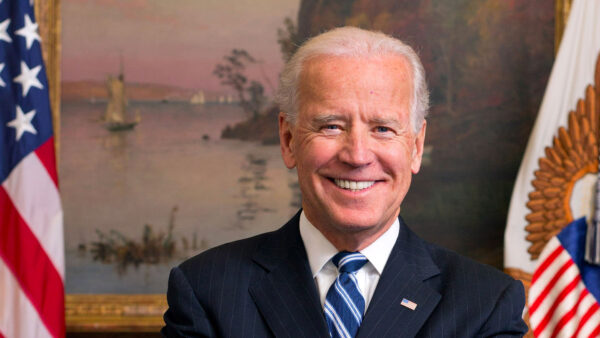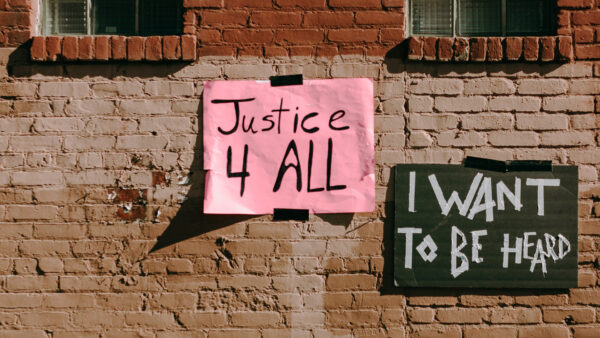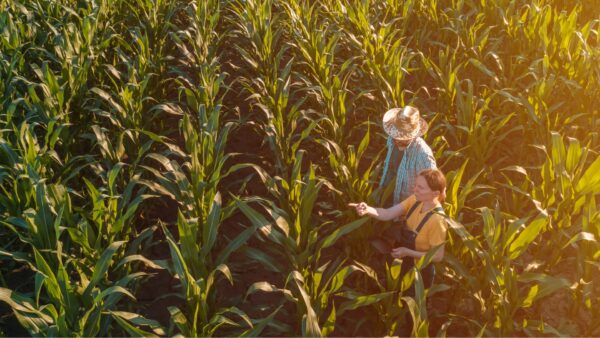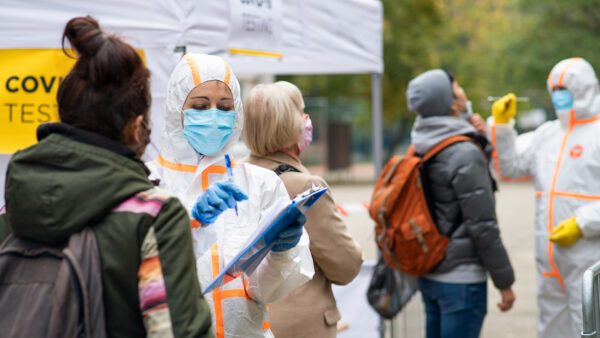39 million more Africans expected to enter extreme poverty due to pandemic
The economic crisis which has been caused by the impact of COVID-19 could see a further 39 million Africans enter extreme poverty, which will result in more deaths, hunger, damage to livelihoods and further crises, ultimately undoing the progress made to address the issue over the past five years.
The African Development Bank (AFDB) made this projection following earlier research which found that the as many as 425.2 million would be living in extreme poverty. However, this has now increased to be between 453.4 million and 462.7 million, which will add pressure to accelerating the UN efforts to making extreme poverty a thing of the past by 2030.
Due to the economic hit economies have taken, there is a growing fear that adequate measures to mitigate the pandemic’s impacts will not be met. Measures being introduced not only have to be effective, they will have to address this poverty issue before the numbers increase further. This will only make achieving the Sustainable Development Goals (SDGs) even more challenging.
The majority of those (60%) at risk from entering extreme poverty are based in West and Central Africa, with two of its most populated countries Nigeria and Democratic Republic of Congo (DRC) likely to see the largest increase.
Oil-dependent countries will also suffer considerably as demand for the commodity fell drastically over the past year, while countries depending on tourism, such as Mauritius, have also suffered a major hit due to travel restrictions and border closures, meaning its recovery will be a long one.
African countries are also struggling with increased spending on healthcare services, wage subsidies, benefits and tax cuts amongst others and closing this gap is more difficult than it is in more economically developed countries. It is also stressed that Africa continues to experience disparities in universal access to energy, electricity and even clean fuels and technologies for cooking. As a result, this may require extensive efforts from abroad to provide assistance, although this may take some time as they too, deal with the impact of the virus.
For many African economies, they are often volatile to shocks and the pandemic has highlighted their weaknesses. To address the poverty crisis, governments will need to work more collaboratively with one another to introduce effective measures and policies which can best mitigate future challenges.
The rise in poverty is also having an effect on the continent’s climate. Between 2010 – 2020 Africa lost an average of 3.9 million hectares of forest per year during that decade as it dealt with the strain of poverty as well as population growth and agricultural expansion. This has created a vicious cycle that can be broken if numbers decrease.
However, there is hope, as the world looks to return to normality, the AFDB expects the continents economic growth to recover and grow by 3.4% by the end of the year. But this will not eliminate the threat of poverty and to ensure Africa can thrive again, addressing this issue now will allow for the system to become more resilient and make poverty a thing of the past.



